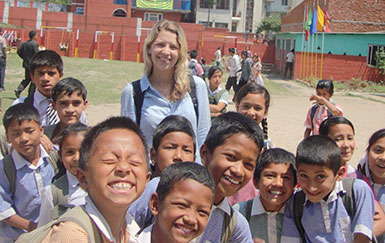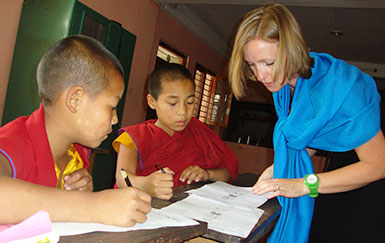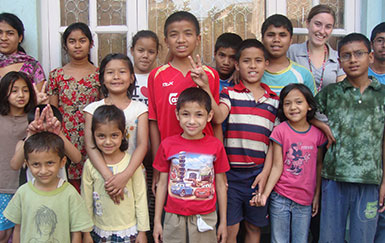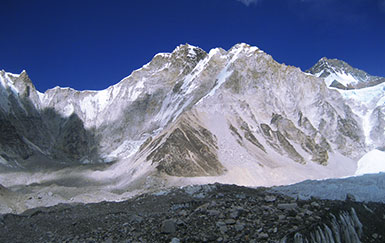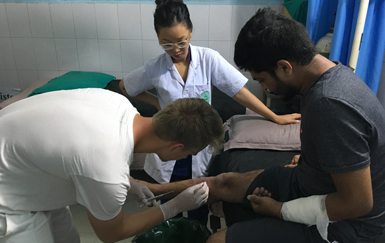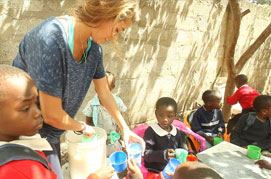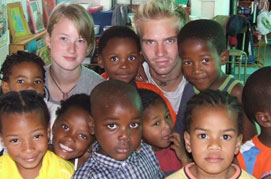- ABOUT US
- VOLUNTEER IN NEPAL
- INTERNSHIP
- PROGRAM FEE
- Language
- CHARITY TREK
- Volunteer 101
- Accommodation and Meal
- Host Family Nepal
- Free Time Weekend Exploration
- Make Volunteer Abroad Rewarding
- How Is Volunteer’s Money Allocated
- Safety While Volunteering
- In-Country Support
- Enhance Cultural Experience
- Nepal Volunteer Team
- Volunteer Nepal
- Medical Volunteering in Nepal Guide
- Volunteer Nepal Monastery Guide
- Volunteer in Nepal Orphanage Guide
- Volunteer Teaching in Nepal Guide
- INQUIRY
- APPLY NOW
Change the World By Volunteering in Nepal….
And Enjoy the Adventure of a Lifetime.
Affordable Nepal volunteer programs that bring positive change to
families in places you want to visit
Feel what it’s like when someone else’s life has been made better because YOU were there
Partner with others who know that a better world begins with changing a single life
At $100, ours is the world’s most affordable volunteer program with no hidden fees - communities benefit directly.
Your safety is always our priority... every volunteer location and project has been thoroughly vetted
Contribute in the way that is most meaningful to you... with many life changing projects
Get more info now
Take a minute to complete the form and we will be in touch.


